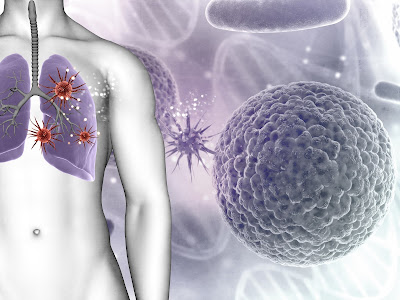In conventional medicine, new medical treatments are assumed to be ineffective until proven beneficial for a specified number of patients. In fact, most new drugs produced in research laboratories, including those that kill cancer cells in test tubes and animals, have been shown to not work well in humans.
For this reason, doctors focus on the results of carefully conducted clinical studies. Treatments have to be proven in studies that are designed and supervised by leading experts in the field. Patient success stories, marketing brochures, and testimonials are not enough evidence to start prescribing a new drug or using a different treatment.
Proven treatments are those that have been tested following a strict set of guidelines, and that has been found to be relatively safe and effective. The results of such studies have been published in medical-scientific journals, which are those that contain articles that have been studied by other doctors or scientists in the field to ensure that they meet certain standards before being accepted and published.
Investigative Treatments
Investigational treatments are therapies that are being tested in clinical trials. Clinical trials are research projects in which a group of volunteers helps doctors determine if a new treatment is effective and safe for patients. Before a drug or other treatment is tested in patients, it is studied and tested very carefully, first in the laboratory or in animals. If the therapy has shown promise and safety in these preliminary studies, then it is put to the test in clinical studies. If they show that the benefits of it outweigh the risks, it is only at this point that it becomes part of conventional treatment.
Complementary Treatments
Complementary therapy is used in conjunction with conventional medical treatment. Some of the complementary treatments may help to relieve certain symptoms, as well as some side effects of the disease treatment; they also increase the feeling of well-being in the patient. Examples include meditation to reduce stress, peppermint or ginger tea, and guided visualizations to help relieve stress and pain during medical procedures. Other methods are massage therapy, relaxation, and meditation.
Comprehensive Therapy
It is a term that is often used to describe the combined use of conventional treatments and complementary methods. You may have heard the term comprehensive oncology. Some treatment centers and clinics currently offer this option for patients who may benefit from complimentary methods as well as conventional treatments.
Alternative Treatment
Alternative Cancer treatment is used in place of conventional treatment. They are therapies that have not been proven since they have not passed through a scientific test, or have been disapproved; that is, they have been tested but found to have no effect. These therapies may affect the patient because they are not helpful, or because they can sometimes delay the use of proven methods, or because they are actually harmful.
Treatments not supported by Evidence
The term unproven is not often used, but it can be used to describe a type of treatment that has been studied enough to determine that it is not effective for a particular disease. More often, such treatment is described as indicating that studies do not support claims that it helps fight a certain type of disease or condition.




